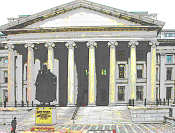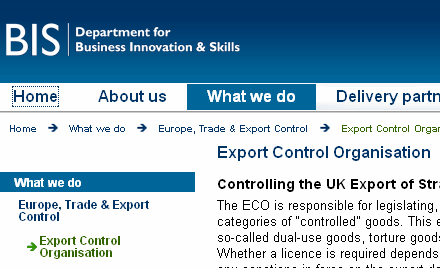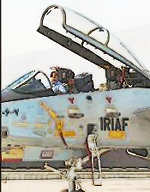 Colorado-based Rocky Mountain Instruments, a manufacturer and distributor of optical components for lasers and imaging devices, filed for reorganization under Chapter 11 of the Bankruptcy Code. An affidavit by a company executive that is part of the filing also blames a 2007 raid by the Defense Criminal Investigative Service (“DCIS”) for at least part of the company’s financial woes, even though the raid has not yet resulted in any formal charges being filed against the company.
Colorado-based Rocky Mountain Instruments, a manufacturer and distributor of optical components for lasers and imaging devices, filed for reorganization under Chapter 11 of the Bankruptcy Code. An affidavit by a company executive that is part of the filing also blames a 2007 raid by the Defense Criminal Investigative Service (“DCIS”) for at least part of the company’s financial woes, even though the raid has not yet resulted in any formal charges being filed against the company.
The affidavit went on to claim that the raid was triggered by an employee whistle-blower who reported that the company exported product specifications without a necessary export license. The product involved was not specified by the affidavit. As a result of the tip, DCIS, Immigration and Customs Enforcement (“ICE”) and the local constabulary surrounded the business on October 11, 2007, with fifty cars. Yes, you read that correctly: not five, but fifty, “five-zero,” five times ten, or, for any latinists out there, “L” cars. The company claims that the raid triggered a 15 percent decline in business, although it’s not quite clear how it derived that figure. In all events, it’s hard to imagine that a convoy of fifty police cars didn’t have at least some temporary impact on business.
Two compliance lessons can be learned here. First, there’s always a disgruntled employee who will happily turn your company in for export violations. Second, the ensuing theatrics from law enforcement might have a negative impact on a company’s future sales.

 Posted by
Posted by  Category:
Category: 

 . . . to the tune of $6,600. In the civil penalties information
. . . to the tune of $6,600. In the civil penalties information 
 A
A 


